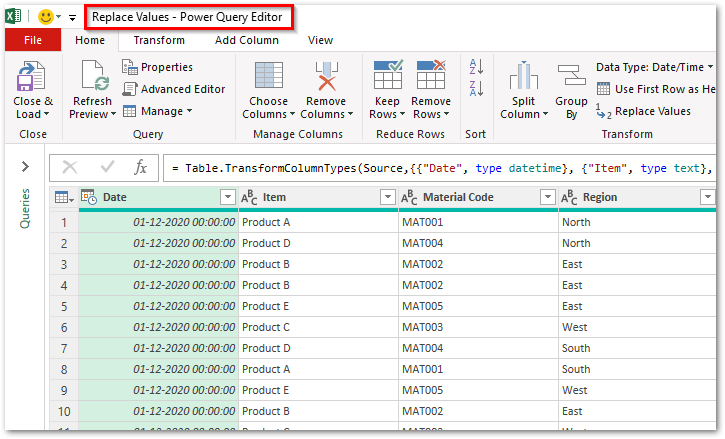


use alternative tools (as suggested in other answers),.use different kind of compression (e.g.
#Fminer wait download extracted php zip
downloads zip replacing the old one will be like: What happened to my zip O. This is what could happen: downloads zip. Therefore the file cannot be FIFO, pipe, terminal device or any other dynamic, because the input object cannot be positioned by the lseek function. This will prevent in case you call this page twice and both pages try to access the same file.

#Fminer wait download extracted php zip file
It is located at the end of the archive structure and it is required to read the list of the files (see: Zip file format structure). This is, because the standard zip tools are mainly using lseek function in order to set the file offset at the end to read its end of central directory record. The proper syntax would be: $ unzip 2 GiB) without large file support bsdtar and bsdcpio) can and will do so when reading through a pipe, meaning that the following is possible: wget -qO- | bsdtar -xvf. In addition, individual entries also include this information in a local file header, for redundancy purposes.Īlthough not every ZIP decompressor will use local file headers when the index is unavailable, the tar and cpio front ends to libarchive (a.k.a. The directory at the end of the archive is not the only location where file meta information is stored in the archive. It turns web data scattered across pages into structured data that can be stored in your local computer in a spreadsheet or transmitted to a database. As such it appears unsurprising that most ZIP decompressors simply fail when the archive is supplied through a pipe. Web scraping (also termed web data extraction, screen scraping, or web harvesting) is a technique of extracting data from websites. This would appear to pose a problem when attempting to read a ZIP archive through a pipe, in that the index is not accessed until the very end and so individual members cannot be correctly extracted until after the file has been entirely read and is no longer available. This directory says where, within the archive each file is located and thus allows for quick, random access, without reading the entire archive. The ZIP file format includes a directory (index) at the end of the archive. This is a repost of my answer to a similar question:


 0 kommentar(er)
0 kommentar(er)
